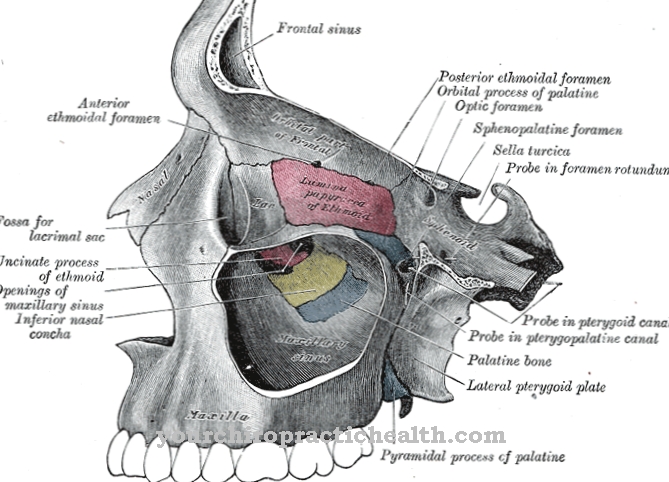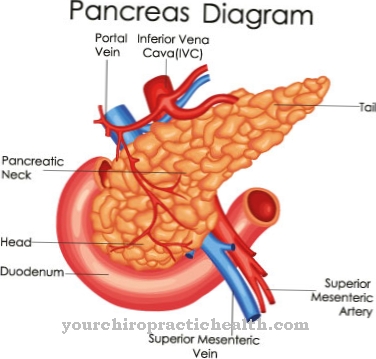The neurology is a specialty of medicine that deals with the human nervous system, its functionality and its complex structure. Recognizing and treating organic diseases in the [[brain] and spinal cord are the tasks of a specialist in neurology.
What is neurology

The designation neurology for this part of medicine derives from the Greek words neuron (nerve) and logia (teaching). Roughly summarized, it is the "doctrine of the nerves".
It is often difficult to distinguish it from psychiatry. Numerous cases of illness take place in both neurology and psychiatry - the transitions are fluid and the two areas of expertise are often highly dependent on each other in making a diagnosis. While psychiatry deals with the emotional or psychiological causes of an illness, neurology focuses on physical illnesses as the cause of patient complaints.
In addition to the brain and the central nervous system, neurology also focuses on blood vessels, muscles and their interaction.
Treatments & therapies
The neurology is a far-reaching specialist field of medicine and includes a wide variety of clinical pictures. Patients suffering from circulatory disorders, paralysis or multiple sclerosis are referred to a neurologist, as are patients with a herniated disc or severe migraines.
Mechanical injuries (caused by car accidents, violence, etc.) that affect the nervous system or the brain are also the responsibility of a neurologist or neurosurgeon.
But complaints that laypeople cannot directly attribute to neurological diseases also fall into this extensive specialist area. For example, slipped discs are often the result of pathological nerve root irritation and are treated by a neurologist.
Degenerative diseases (e.g. dementia), which have both a psychological and a physiological aspect, are also treated neurologically.
Here it becomes clear how closely neurology and psychiatry are interlinked and must work together for the successful treatment of patients. The surgical treatment of neurological diseases falls within the scope of neurosurgery, which includes all operations in the central or peripheral nervous system of the human body. The removal of tumors in the brain or spinal cord make up a large part of these surgical interventions.
You can find your medication here
➔ Medicines to calm down and strengthen nervesDiagnosis & examination methods
The neurology is a complex and very extensive branch of medicine. The diagnostic and examination procedures used are correspondingly extensive.
At the beginning of a neurological examination there is always the anamnesis, i.e. a detailed discussion with the patient to define and localize the symptoms. Since the majority of neurological complaints develop over many years, this step in establishing the diagnosis is the cornerstone of any successful treatment. In addition to current pain, the focus is also on past illnesses and symptoms in early childhood.
The medical history is followed by a physical exam. The patient's motor skills and coordination are examined in order to determine to what extent these may already be impaired. Various tests deal with the reflexes, the sensitivity and the function of the muscles of the patient and thus help to get closer to the origin of the complaints. A laboratory test of blood or tissue samples will also be done in most cases.
If the cause of the discomfort has been narrowed down by anamnesis and physical examination, technical procedures are used. The recording of electrical stimuli in the human body is one of the older research methods in neurology. This is done through brain wave measurements (EEG) or the measurement of the nerve conduction velocity (ENG).
The use of imaging processes enables further insights into the human body. Blood-supplying vessels are examined using ultrasound, while computer or magnetic resonance tomographs enable detailed images of the brain or spinal cord. In individual cases, neurology also works with invasive diagnostic methods such as angiography.
For a long time it was possible for neurologists to uncover various clinical pictures by means of complex diagnostic procedures - however, successful treatment was reserved for a few cases. Thanks to medical advances in recent years, however, it is now possible to cure the majority of neurological diseases surgically or with the aid of the most modern drugs, or to have a significantly positive effect on their course.


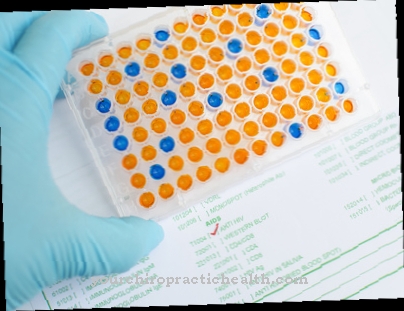
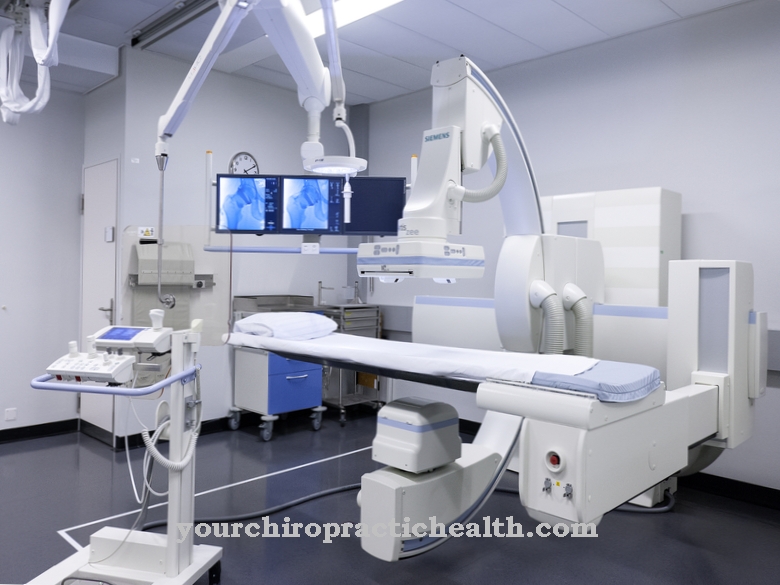
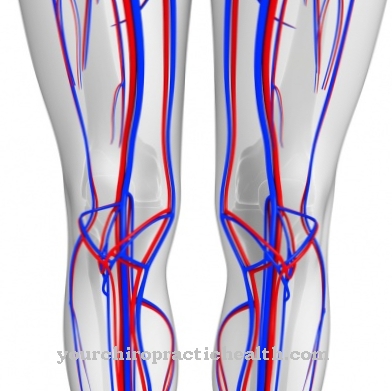








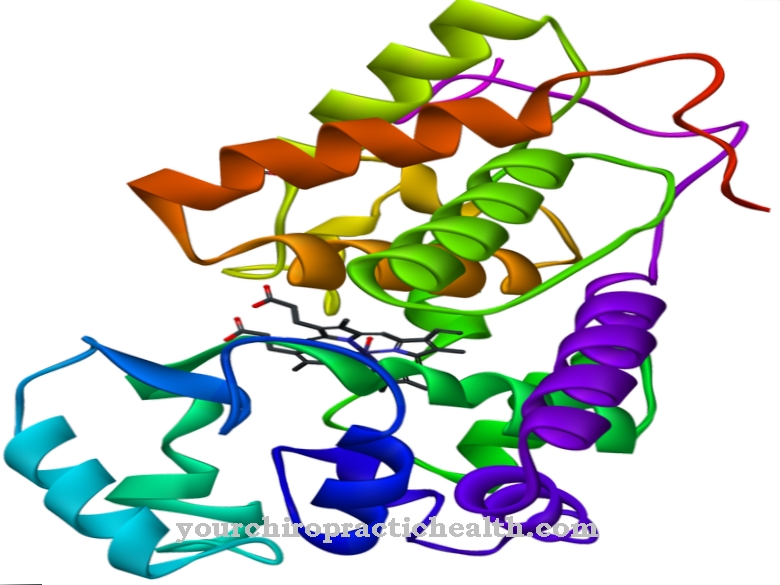

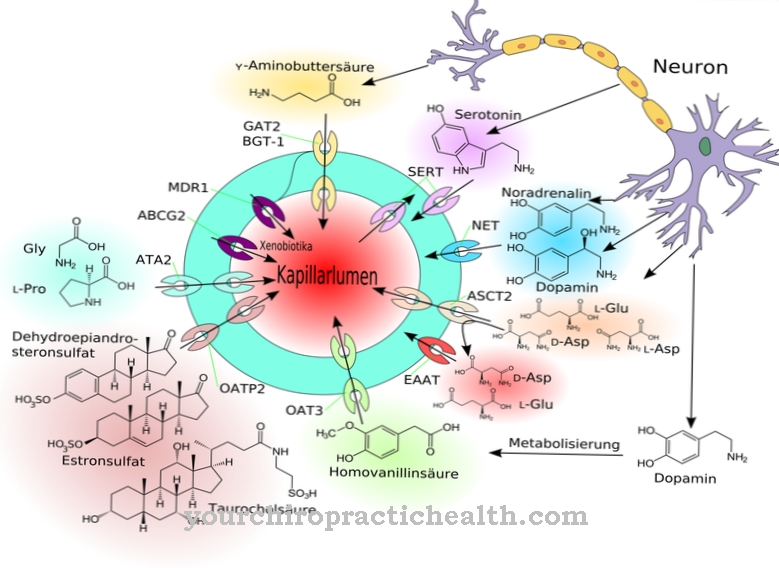
.jpg)
.jpg)



.jpg)
